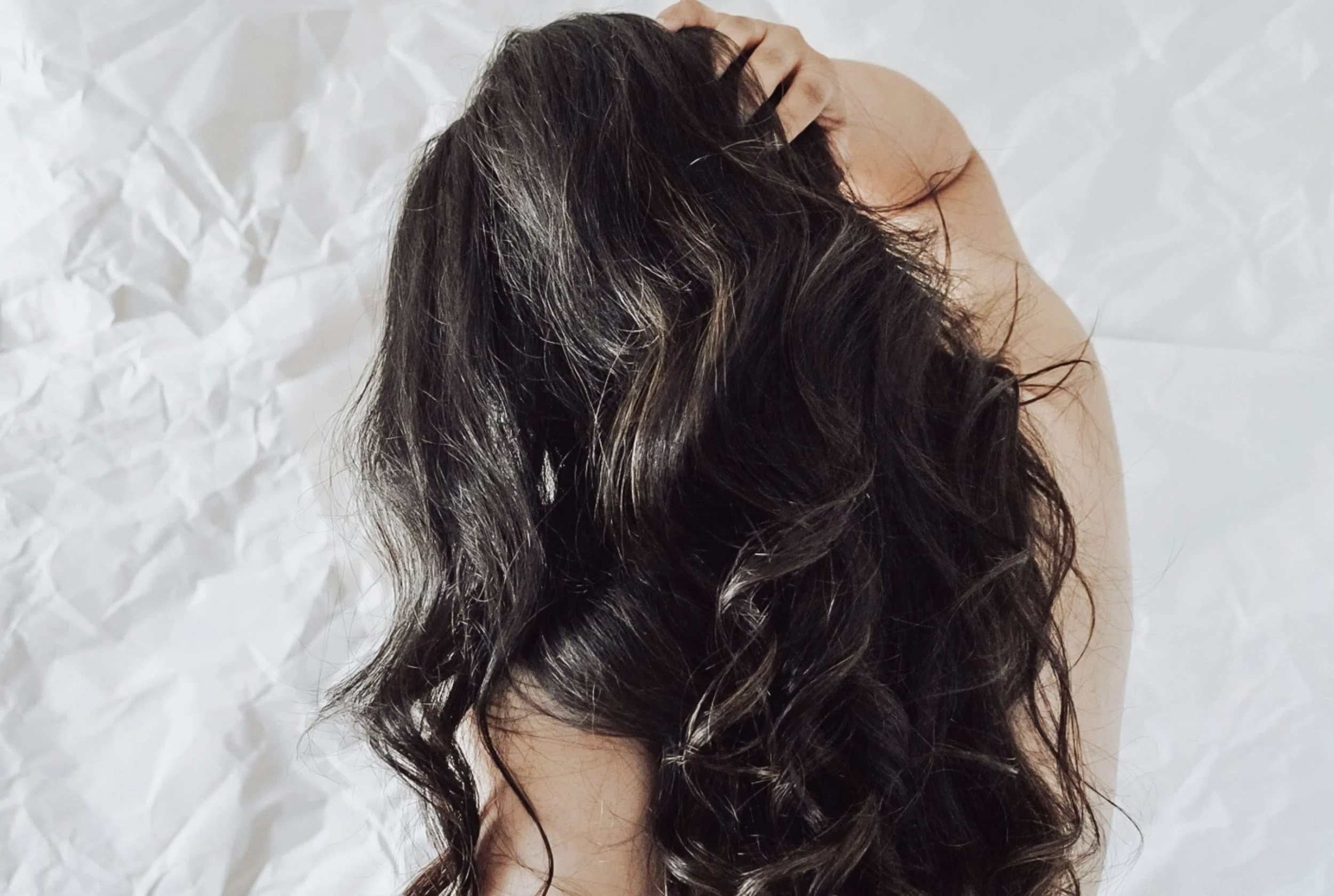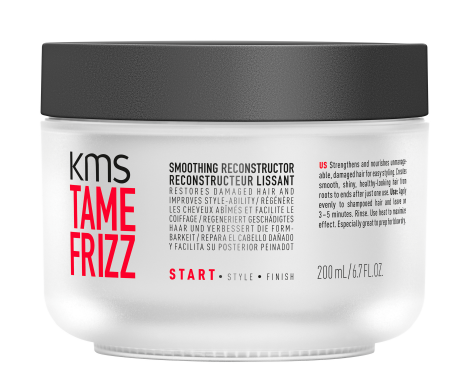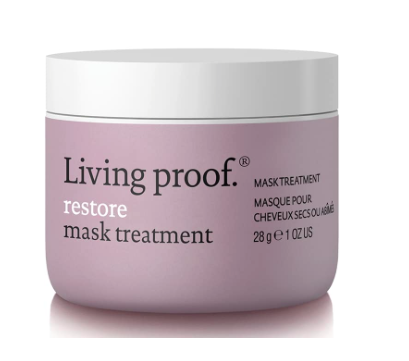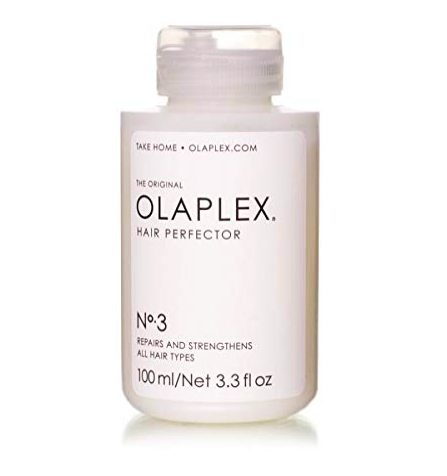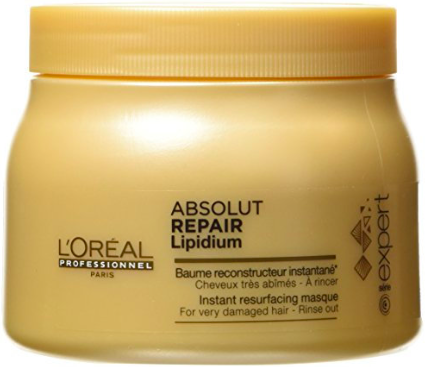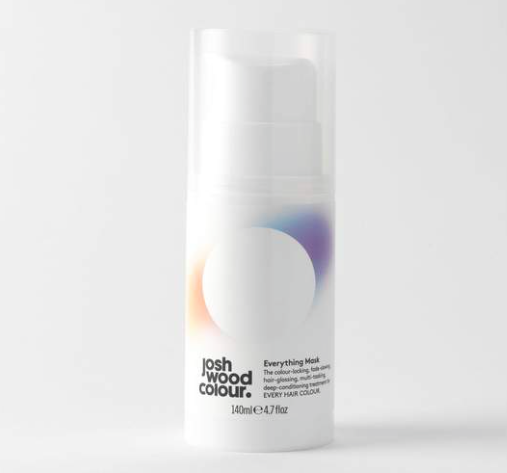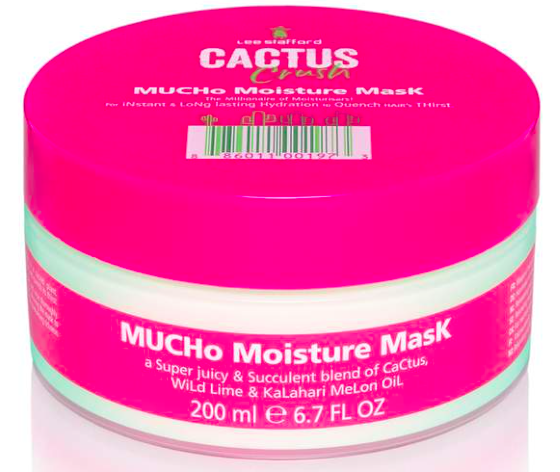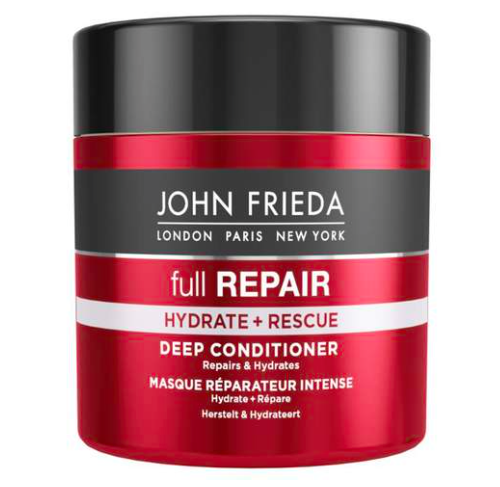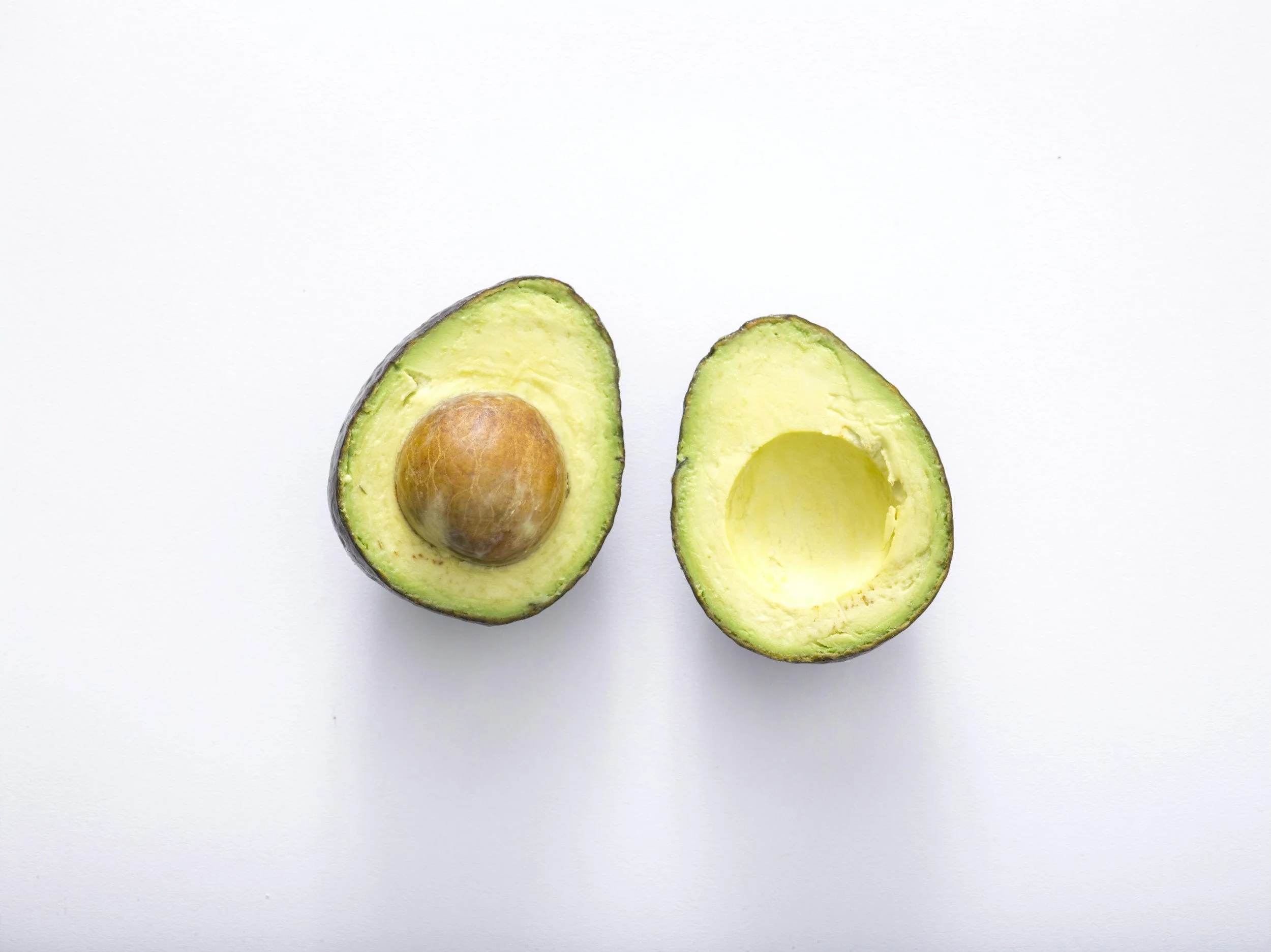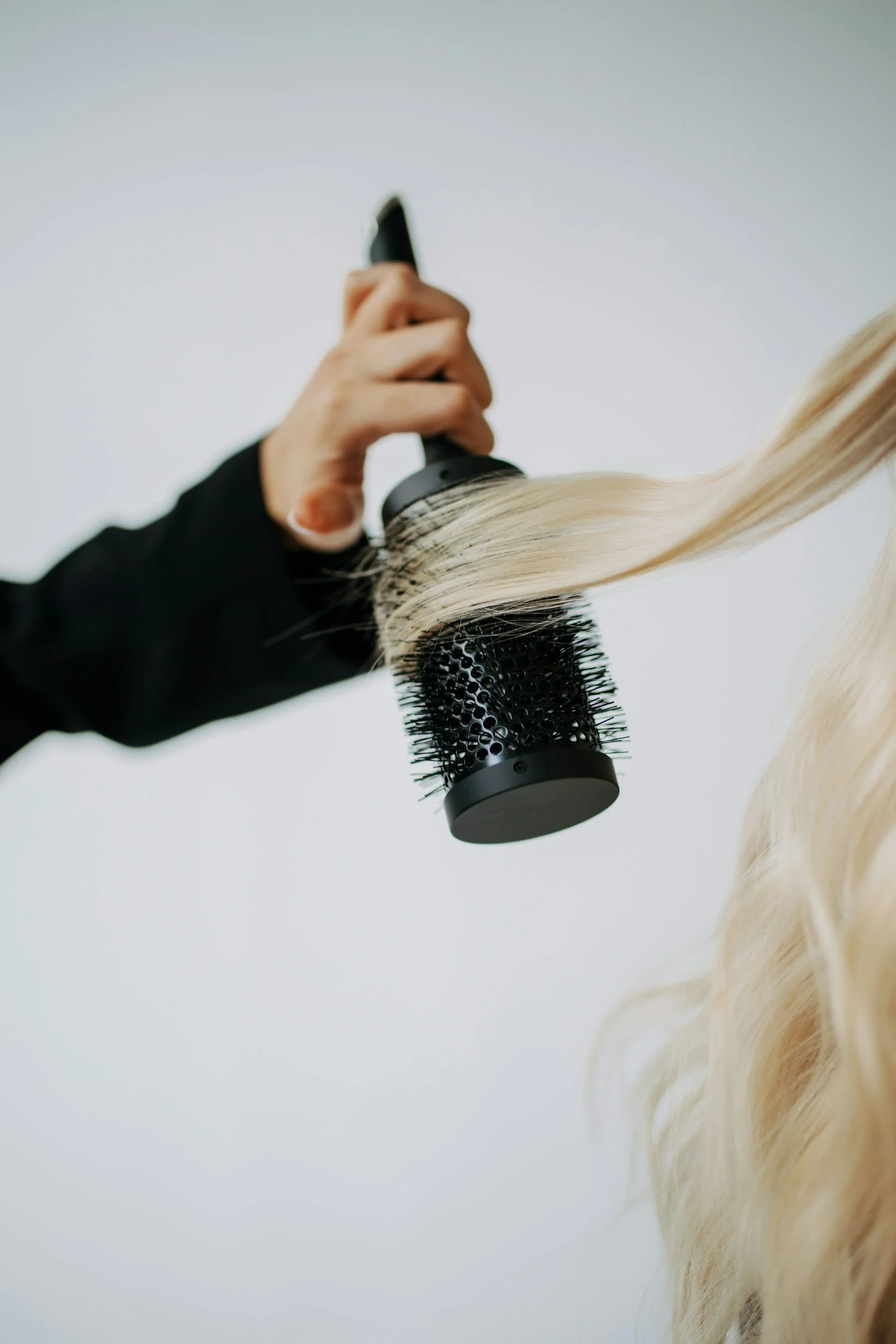It’s fun experimenting with different hairstyles but the way you do your hair could have a much bigger impact than you realise. And some everyday styling habits could lead to thinning, bald patches and even long-term damage to hair follicles.
To help you protect your hair and keep it healthy, we’ve broken down five things you could be doing that are damaging your hair - and how to avoid them.
1. Tight ponytails, plaits and slicked back buns
We get it—ponytails and buns are quick, stylish, and perfect for busy days. But when they’re pulled back too tightly, they can put excessive tension on the hairline, leading to breakage and even permanent hair loss.
Styles like high snatched ponytails, tight plaits and ultra-sleek buns all rely on strong tension. If you’ve noticed redness, soreness or even tiny broken hairs around your edges after wearing these looks, it’s time to switch things up.
Loosening your style, changing where the tension sits, and giving your hairline regular breaks can make a big difference in preventing long-term damage.
2. Heavy-hold hairspprays, gels, and ‘slicking’
Using strong-hold gels and hairsprays can help achieve a polished look—but every day usage can make your hair dry, stiff and prone to breakage. Dermatologists warn that brushing or combing hair after applying these products can actually snap the strands.
Slicked-back styles in particular often mean brushing and reshaping the same areas repeatedly, which can cause thinning over time. If you love a sleek look, try alternating with softer styles and using products designed to be gentle on the hair.
3. Sleeping in rollers, clips and headscarves
Nighttime habits matter just as much as daytime ones. Sleeping in large rollers, metal clips, or tightly wrapped headscarves can put hours of pressure on the same parts of your scalp. Over time, this constant strain can irritate the follicles and cause thinning around the edges.
Switching to loose, satin sleep caps or soft scrunchies can help minimise tension while still protecting your style.
4. Aggressive backcombing
Backcombing is great for adding lift and volume—but done too often or too harshly, it can seriously damage your hair.
The teasing process roughens the outer layer of your strands, making them weaker and more prone to snapping. If you usually backcomb the same area (especially the crown), the repeated stress can make your hair look thinner even if the follicles themselves are still healthy.
For safer volume, try gentler techniques like root-lifting sprays, volumising mousses, or a round-brush blowout.
5. Excessive heat at the roots
Straighteners, curlers and hairdryers are staples in most routines—but too much heat, or using it too close to the roots, can weaken the hair and cause breakage.
Using high heat daily, straightening from the root, or blow-drying soaking wet hair on full blast can all contribute to thinning at the crown and hairline. Experts recommend keeping tools on low to medium heat, using heat protectant, and cutting back on daily heat styling where possible.
How to keep your hair strong and healthy
A little redness or a few broken hairs might not seem like a big deal at first, but these early warning signs mean your hair is under stress. The good news? Small changes to your routine can help prevent long-term damage.
Here are some easy ways to protect your hair:
Loosen tight hairstyles and avoid constant tension
Give your hairline regular “rest days”
Choose gentler products and avoid heavy application every day
Limit heat use and always use heat protectant
Opt for silk or satin at night to reduce friction
Healthy hair starts with mindful habits—and we’re here to help. If you’re worried about thinning or want personalised advice, book a consultation with one of our stylists.
We’ll help you find styles and routines that keep your hair looking gorgeous while protecting it for the long-run.

